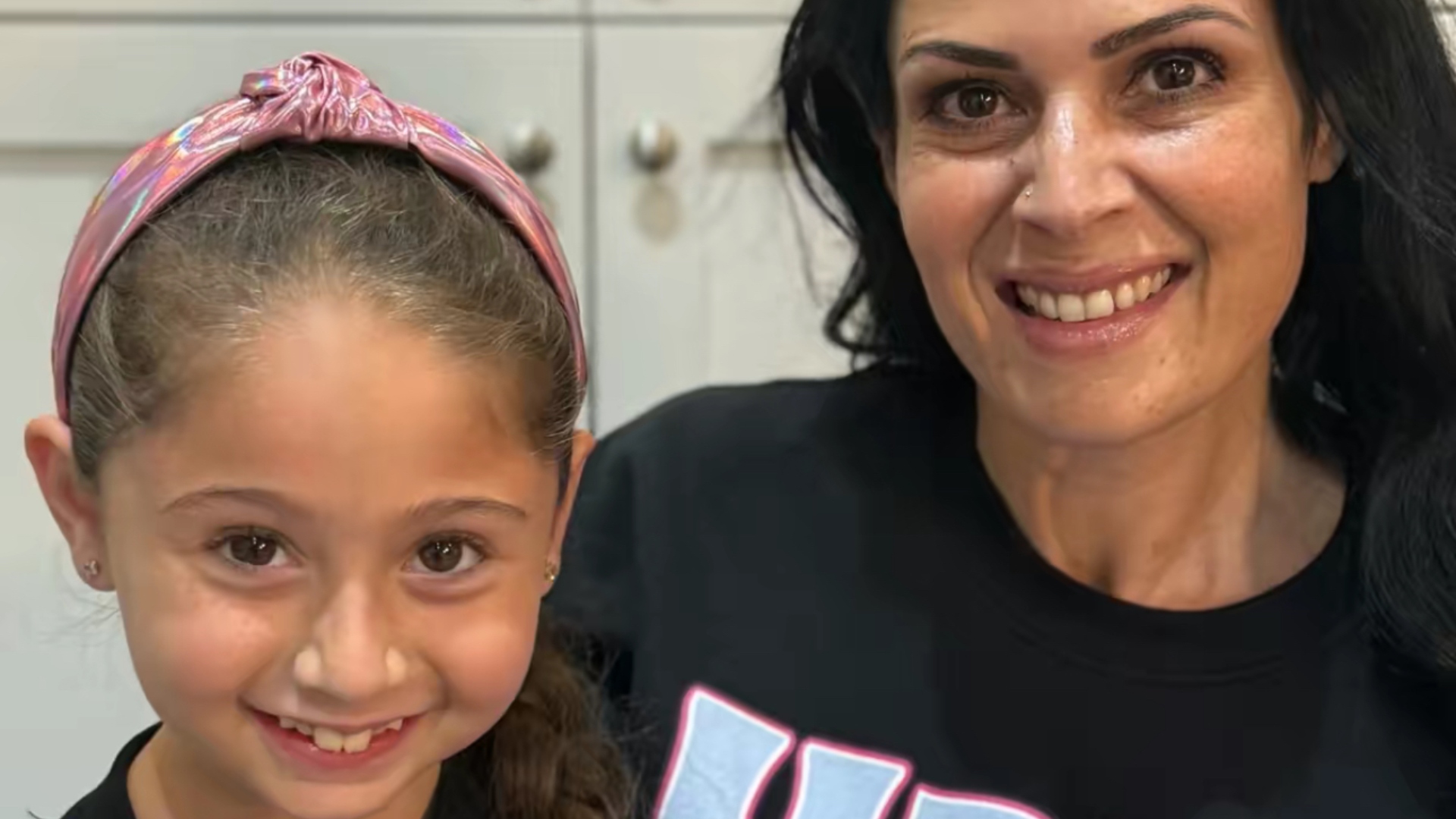
When we become moms, we want the best for our children. We hope they will live happy and healthy lives. But parenthood is certainly not without its challenges, and sometimes, our children present us with something completely unexpected. When a mom named Michelle gave birth to her daughter, Hannah, she had no idea the path the pair would soon be on. Hannah, now 9, has a rare eating disorder called avoidant/restrictive food intake disorder, or ARFID.
Hannah has extreme fear and anxiety when it comes to eating. With the help of her mom, she’s faced the challenges and created a large social media following, @myarfidlife, along the way. Michelle and Hannah hope to bring awareness to ARFID and help people understand she’s not just a “picky eater.”
More from CafeMom: In-Laws Shame ‘Picky Eater’ DIL for Acting ‘Like a Child’ & Refusing To Eat Any Meals
Hannah's eating habits took a turn very early on.
According to Fox News, Hannah was a “great eater” as a baby, but things changed with the introduction to solid foods. Instead of trying new things, Hannah refused.
“She would protest, and she would spit the food out, or she would swat it out of my hand, or she would turn her head in the other direction,” her mom recalled. The behaviors were not concerning, as many young children are picky. As she got older, however, Hannah became very selective.
At 3 years old, Hannah would eat only a few foods.
Michelle noticed, however, that Hannah was starting to refuse even the foods she once enjoyed. The doctors weren’t overly concerned, as she was still growing. But after the COVID-19 pandemic, things changed dramatically.
“It was a big struggle to get her to eat anything at all,” Michelle said. “She had no interest in food whatsoever, and her growth started to slow down.”
Hannah’s condition got worse, and her mother soon realized it was more than just disliking food. It also affected her mental health.
“She couldn’t handle being around food,” Michelle explained. “She couldn’t handle sitting at the dinner table with us. She couldn’t handle the smell when I was cooking something in the kitchen.”
The family finally received a diagnosis.
Michelle explained to Fox News that she and Hannah found a therapist who specializes in ARFID.
“I remember saying to her, ‘She has very few foods that she’s willing to eat. And one of the foods is sour cream and onion Pringles, but they have to be in a special packaging. She refuses to eat the Pringles that come in the large container. They have to come in the individual small containers.'”
After explaining the struggle, the therapist told Michelle that Hannah had classic ARFID behaviors, and she could help.
Recording videos served as a breakthrough for Hannah.
ARFID negatively affected her health, and she began to become so malnourished she risked having to use a feeding tube. So, Michelle proposed taking a video of Hannah drinking her protein shake to send to her therapist, she told the news outlet.
This simple suggestion changed everything for Hannah. She loved hearing her therapist’s feedback after watching her try new things. Michelle and Hannah decided to take things online for others to see.
Their social media accounts bring awareness to ARFID.
With millions of followers across platforms, Hannah inspires those struggling with ARFID while educating others.
“Hannah’s grown so much physically and emotionally. Her confidence has soared,” Michelle said. “She’s a completely different kid … There’s curiosity and motivation and excitement – definitely still a lot of anxiety, but she’s working through it.”
Hannah loves the positive impact she’s making on herself and others. “It makes me really happy because I know I’m helping other people,” she told Fox News. “And I’m also helping myself, too.”




